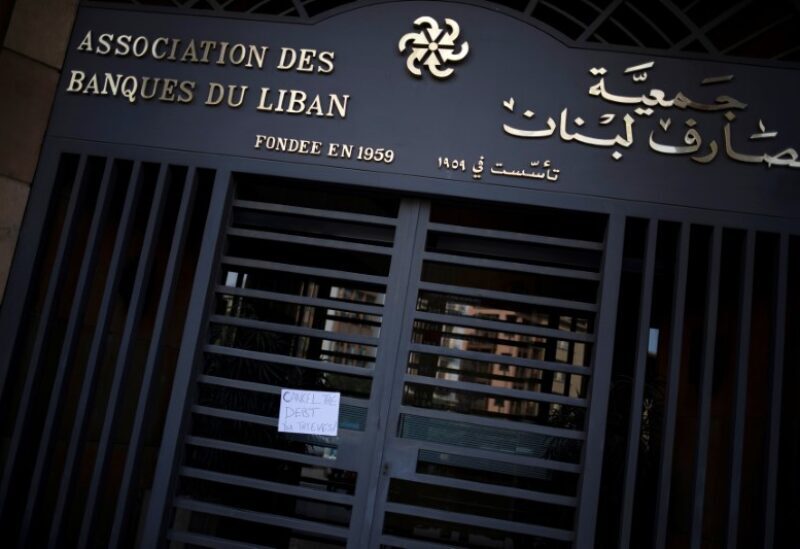
The Association of Banks in Lebanon issued the following statement:
The Banks Association denies, in its entirety and in detail, everything that has been circulating in the past days about the role of banks in the rise in the exchange rate of the dollar on the black market. The requirements of bank liquidity abroad by the Banque du Liban, according to Circular 154, exceed $ 3.4 billion at the sector level. Is it reasonable for banks to attract them from the local black market, whose size does not exceed some millions of dollars?
The reasons behind the high exchange rate of the dollar on the black market refer to the following considerations
Political ambiguity in the country in light of political confusion, disputes and contradictions, in the absence of any serious and real effort to form the coming government 7 months after the resignation of the previous government.
2- Unsupported imports from the Banque du Liban, whose value is estimated at no less than 5 billion dollars annually, so that importers resort to the black market to secure the required cash dollars.
3- The scarcity of the dollar in the local market in the context of a noticeable decrease in the movement of foreign funds, which led to a deficit in the balance of payments by 10.5 billion dollars in the year 2020, which is the largest deficit in Lebanon.
Creating cash in Lebanese pounds, especially to limit the state’s deficit, so that the volume of cash in circulation in Lebanese pounds increased from 9818 billion pounds at the end of the year 2019 to 29242 billion pounds at the end of 2020.
5- The illegal circulation of the dollar via electronic platforms, which requires legal prosecution to close these platforms.
6- Citizens store the dollar in homes in light of the fear of future prospects and lack of confidence in general
It should be noted that banks rely, in obtaining foreign liquidity, on selling their units abroad and deducting their loans in dollars, in addition to cash contributions from investors and depositors (according to Circular No. 154), and therefore there is no need to resort to the parallel market in Lebanon.
In conclusion, controlling the fragmentation of the dollar on the black market depends on political developments that restore confidence in the Lebanese and the adoption of inclusive policies by the various concerned authorities to control Lebanon’s external financial deficits.